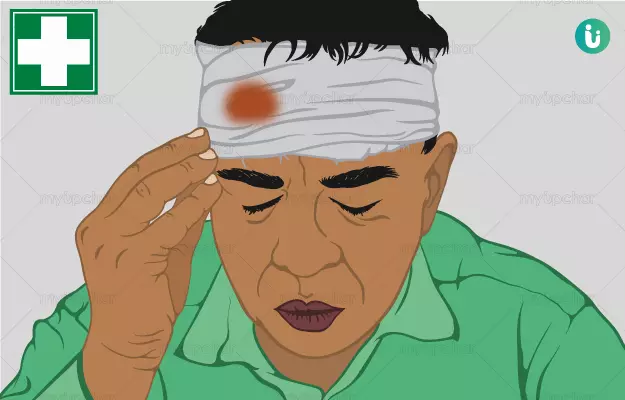The strong structure of the human skull usually means that most head injuries are not serious. You may find a bump or bruise on the head, which may resolve on its own with time. However, a severe blow to the head or repeated head injuries can lead to damage in the brain.
The brain is a jelly-like organ which is protected by the hard, bony skull. The brain floats in a clear liquid called cerebrospinal fluid (CSF) which acts as a shock absorber and protects the brain from minor injuries. Though a small knock to the head or face can be absorbed by the CSF, a hard blow can crack the skull open, smashing the brain in the process.
Major injuries like these lead to the destruction of blood vessels, causing the brain to bruise and swell. When the brain swells up within the skull, the pressure inside the brain (intracranial pressure) rises, leading to permanent damage to the brain.
The knowledge of basic first aids can help in saving the lives of people suffering from minor and major head traumas.




































